
The Isobel Parmenter Memorial Fund is a Special Named Fund at CCLG raising money for research into the causes, diagnosis and treatment of histiocytosis.
Isobel was 20 months old when in August 2014 she was diagnosed with Langerhans cell histiocytosis (LCH). Her parents share her story.
Isobel was the most beautiful little girl, with the biggest brown eyes, a smile that lit up the room and the most infectious giggle. She gave the best hugs, the most slobbery of kisses and had a wicked sense of humour. Isobel loved nothing more than having cuddles with us, her mummy and daddy, and snuggling up with her favourite “blanky”. She loved drawing and colouring, painting and putting her stickers on anything and everything she could. She adored animals, her favourite being elephants or “huftys” as she knew them, and treasured her favourite book, a big purple book filled with lots of pictures.
A short time after her first birthday in November 2013, Isobel became sick with unusual gastric symptoms. She started to go off her favourite foods, was frequently vomiting and passing foul smelling stools. She had many trips to her GP and to her local A&E and was finally admitted to hospital on 6 March 2014 before being transferred to a more specialist hospital two weeks later. She spent the next five and half months undergoing endoscopies and colonoscopies with biopsies, x-rays, ultrasound scans, MRI scans and regular blood tests.
Isobel had a nasal gastric tube as she was unable to tolerate normal food and later on ended up having a central line, PIC lines and a jejunostomy, all to help keep her well. She also endured many blood and platelet transfusions.
After many months in three different hospitals and numerous, unpleasant and invasive tests and operations, Isobel was finally diagnosed in August 2014 with a rare cancer called Langerhans cell histiocytosis (LCH). She underwent 'marker tests' which included bone, skin and bone marrow biopsies where it was discovered that the disease was not only prevalent in her gastric tract but in her ears, skin, bone marrow, liver and spleen as well. Unfortunately, after trying two different types of chemotherapy with a mixture of steroids, Isobel did not respond and she underwent 'salvage chemotherapy', a combination of two extremely potent chemotherapy drugs. From then, Isobel contracted an infection and was transferred to the paediatric intensive care unit.
On 5 October 2014, a week after arriving on PICU, Isobel had to be placed on a ventilator and later that day, we had to make the worst decision any parents have to make. We agreed to take Isobel off the ventilator. She passed away in her mummy’s arms while holding her daddy’s hand, aged only 22 months old, after putting up such a lengthy, brave and courageous fight for life.
Yes, LCH is rare, but it happened to our precious daughter. We felt like the only parents in the world to have had a child with such a diagnosis and then to lose her. We felt utterly useless, we felt we’d let her down as maybe we didn’t fight hard enough or push the medical teams for more answers. We hated constantly hearing the words “it is rare”. The guilt was absolutely horrendous. We saw other families with children with a different cancer diagnosis making recoveries and going home and felt angry that no one seemed to be making our precious daughter better. It was a very lonely, heartbreaking and confusing time, and we had many unanswered questions that no one seemed to be able to answer with any clarity or certainty which made our experience so much harder.
We found out, however, through our own networking, that there are in fact, many other families with children and adults in the UK going through exactly the same but they too lack the support and medical help because there’s simply not enough known about LCH to guide the medical professionals. There's certainly not enough research into LCH here in the UK.
About 50 children in the UK develop LCH each year and it can affect adults, too. Doctors and scientists don't know what causes LCH as it is not hereditary and it's not infectious and is currently treated with chemotherapy, radiation, steroids and, in some cases, a bone marrow transplant.
When Isobel was first diagnosed with LCH, we naturally tried to gather as much information as possible to better understand it to prepare us for what was to come, but there was hardly any information available. We were also aware a lot more help and research was being carried out and was available in the USA but the UK seemed to be grossly lacking.
The diagnosis is currently made by a specific tissue biopsy and prognosis depends on the extent of the disease and the types of organs affected. It's believed to be under-diagnosed as some patients may have no symptoms at all while others may have symptoms which are mistaken for other conditions.
LCH is a chronic disease and although most patients with LCH will survive, some will develop long-term side effects such as diabetes insipidus, stunted growth, bone defects, hearing loss, or neurological problems. In a minority of cases, like ours, the disease can be life-threatening.
We set up the Isobel Parmenter Memorial Fund in 2015 with CCLG as a way to channel our grief into something positive. We will never hear Isobel’s giggle again, we’ll never watch Isobel grow up and become the strong, confident woman we know she would have been and worst of all, we’ll never see her play with her younger brothers who often ask why they cannot see their big sister.
But her life will not have been in vain.
In her memory and by talking about our Isobel’s experiences, we want to stop other families walking this awful road we have no choice but to tread. Over the years, through many charity events and with the support of loyal friends and family and our local community, we've raised thousands of pounds towards funding research into the causes of LCH so that better and quicker treatments can be made available.
Make a donation to The Isobel Parmenter Memorial Fund
.
Open an online fundraising page for The Isobel Parmenter Memorial Fund
.
Set up a regular Direct Debit donation to The Isobel Parmenter Memorial Fund
Fundraising pages
Text CCLGISOBEL to 70085 to donate £5.
CCLG will receive 100% of your donation. You may also be charged for one text message at your network’s standard or charity rate.
You can make a donation or pay in funds raised by cheque, payable to CCLG, to CCLG, Century House, 24 De Montfort Street, Leicester LE1 7GB. Please ensure you make it clear that the donation is for The Isobel Parmenter Memorial Fund so that your donation is allocated to the correct fund.

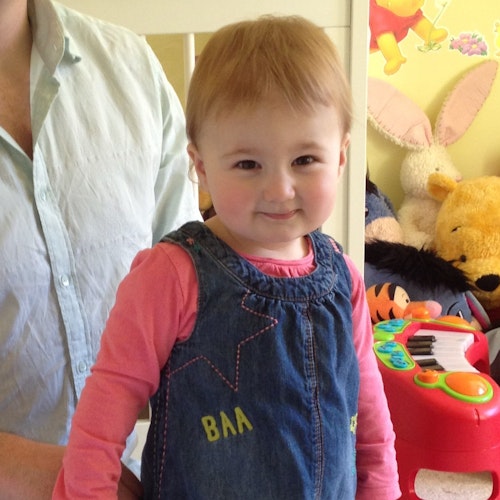
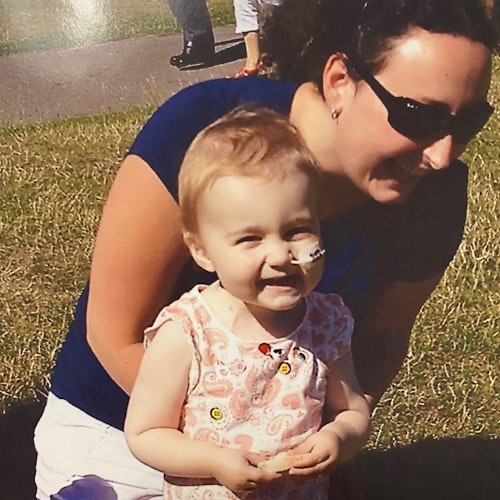
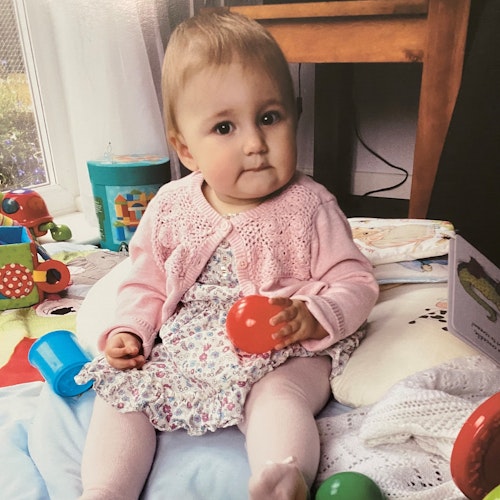
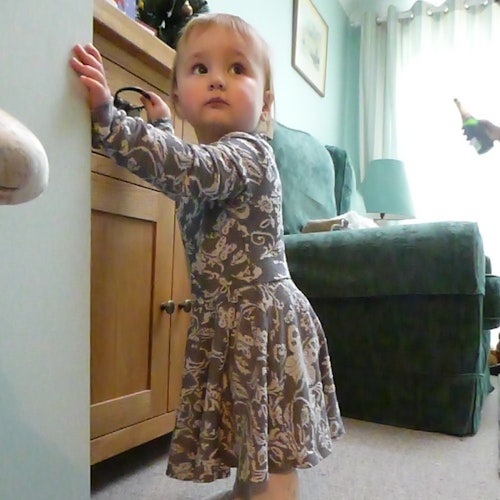
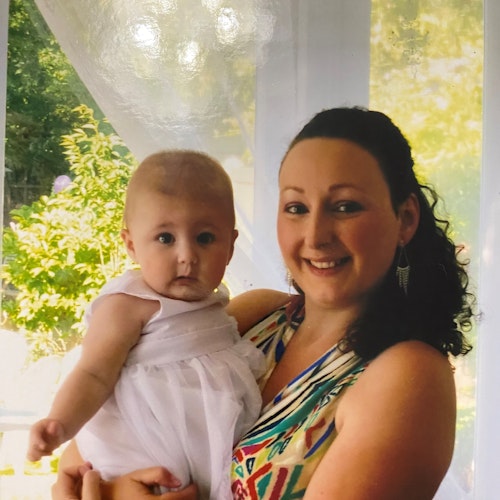
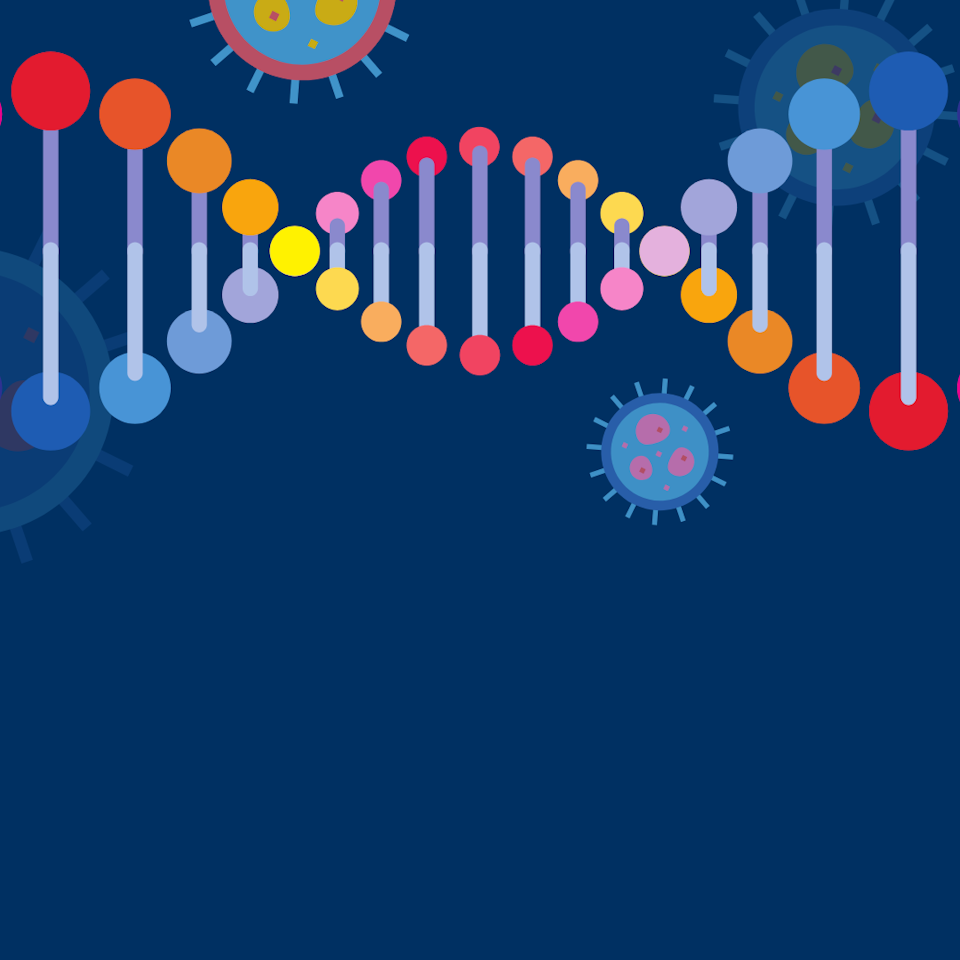
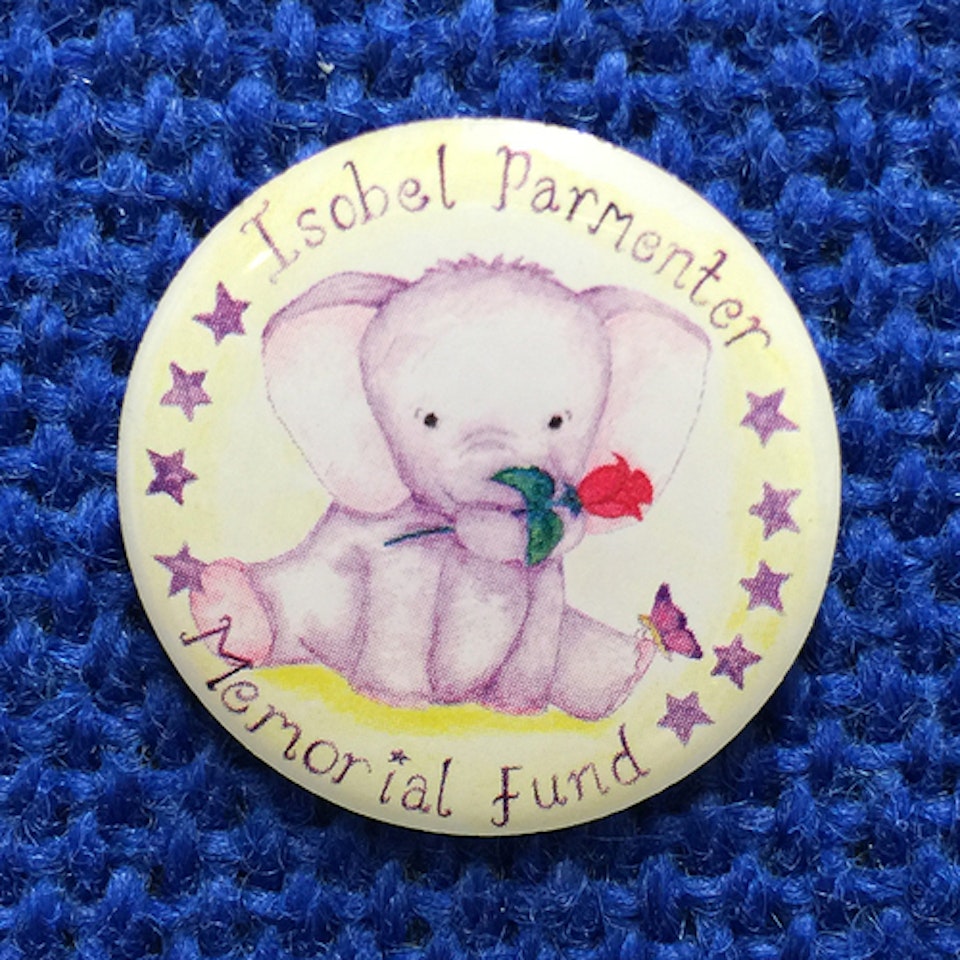

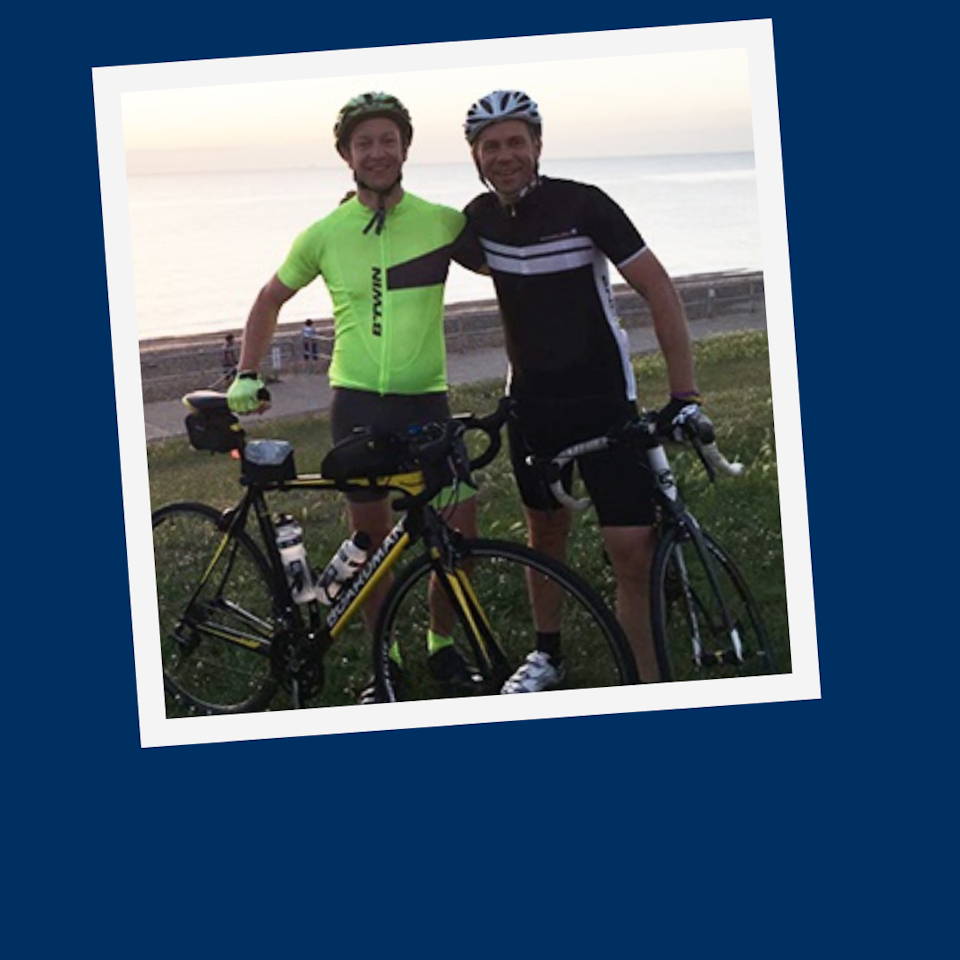

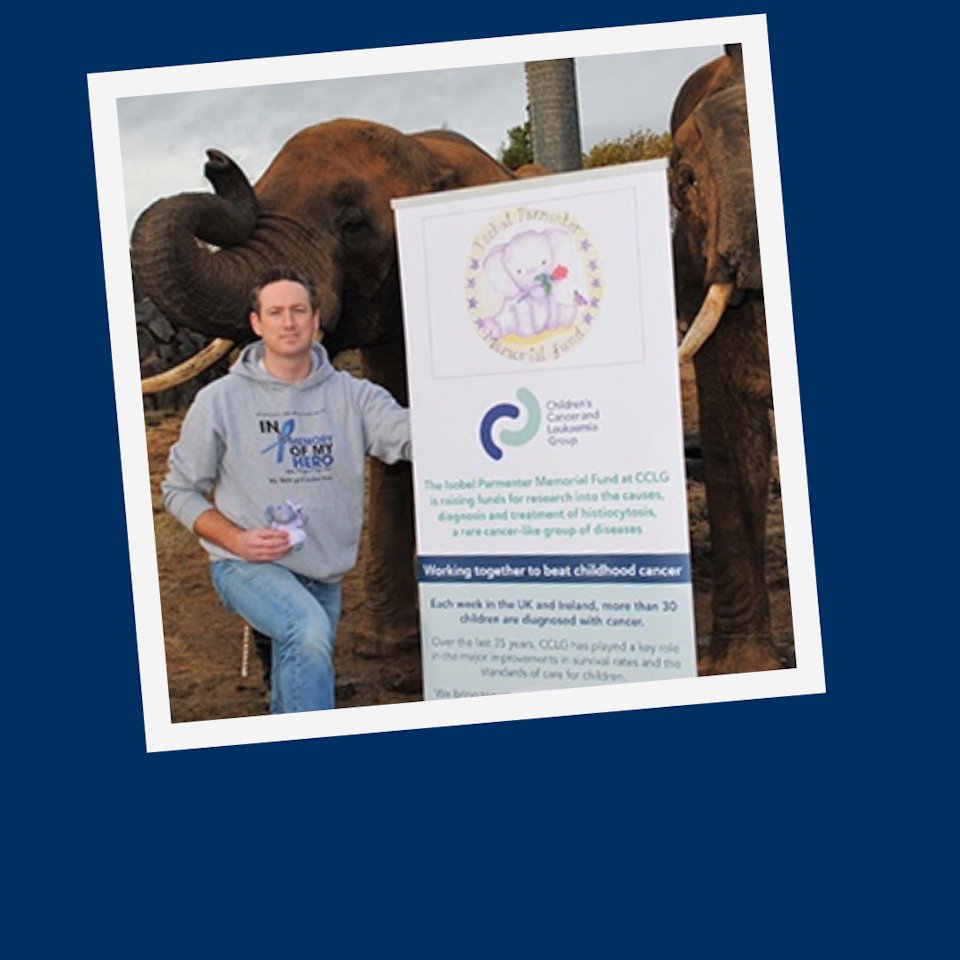

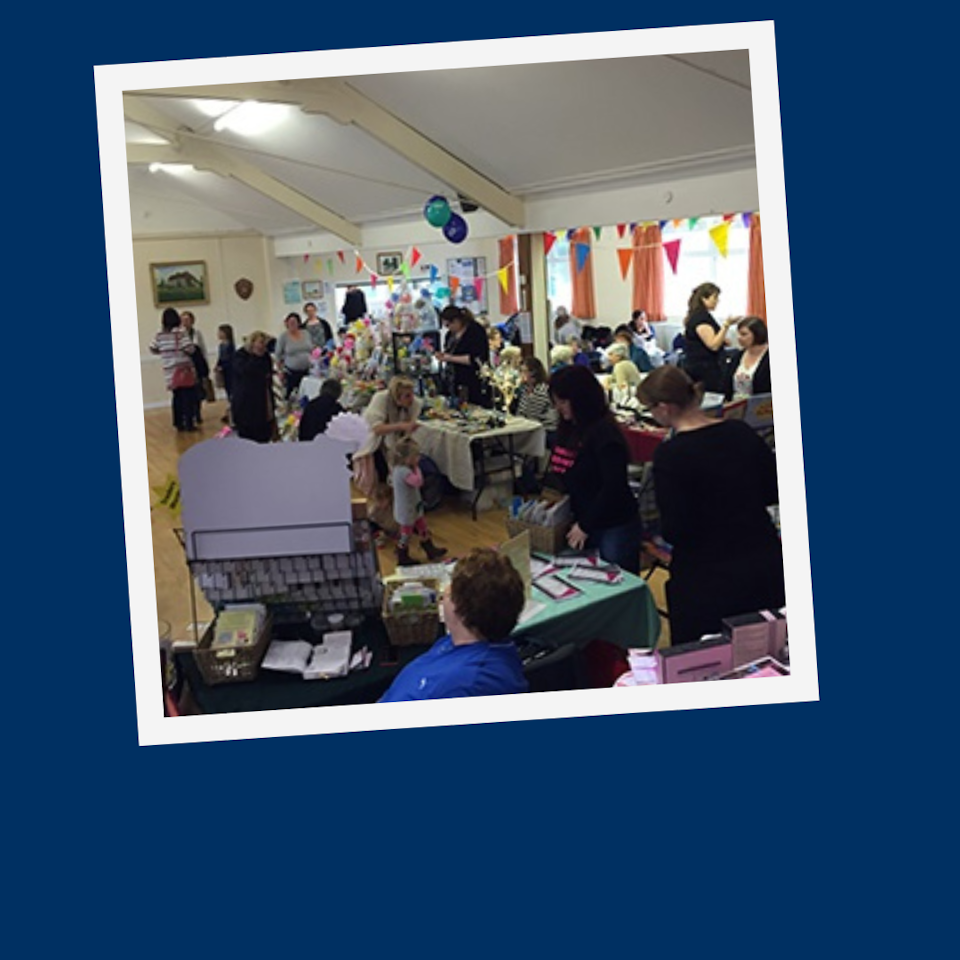
Like on Facebook